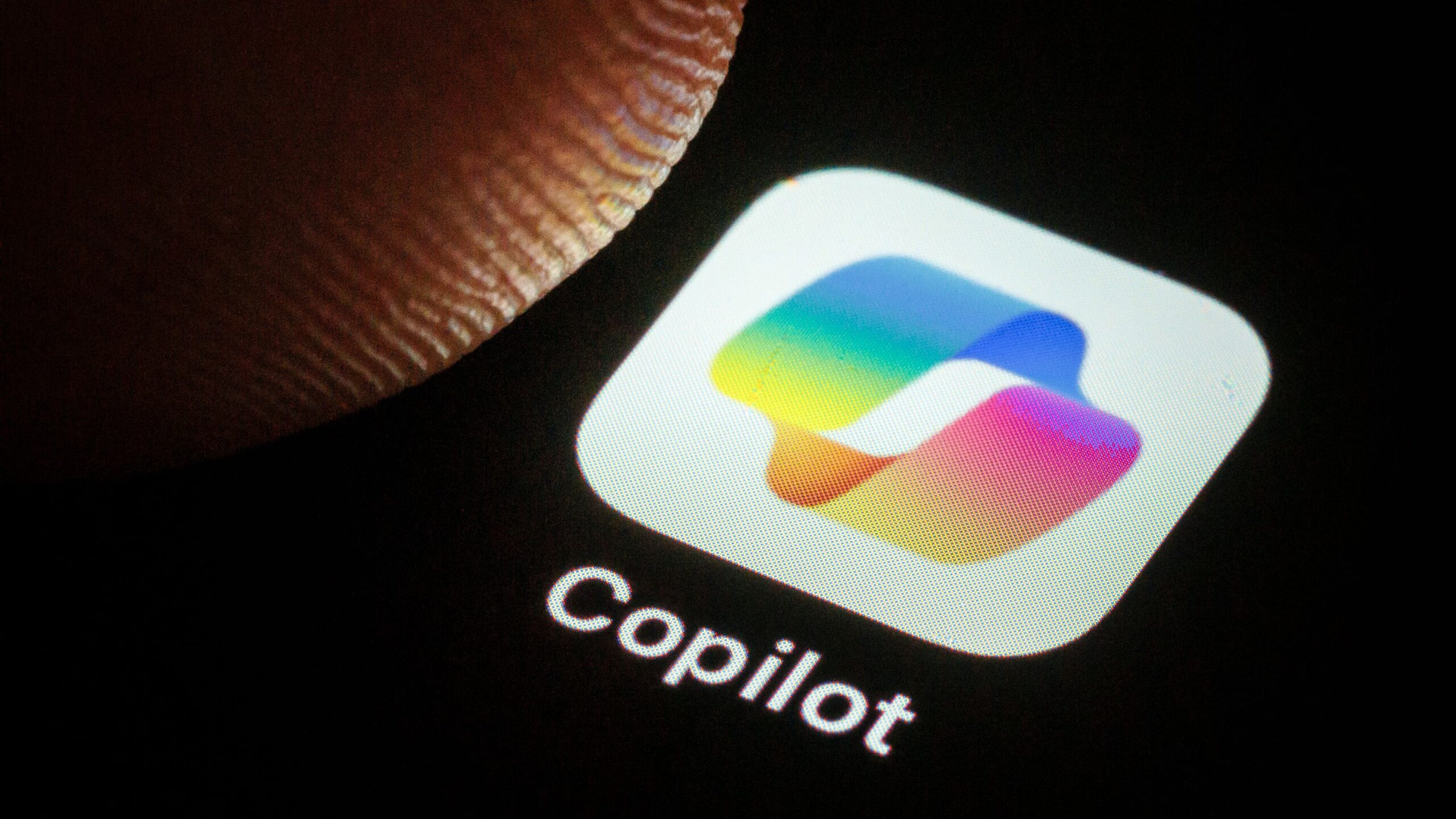
Microsoft is leaning into its new partnership with OpenAI’s chief rival, Anthropic. Starting Wednesday, the software giant began incorporating Anthropic’s AI models into its AI assistant, Copilot, which has previously been fueled mainly by OpenAI. The deal signals yet another step toward the slow disentangling between the once-exclusive partners. The new integration comes a couple of weeks after Microsoft also inked a deal to use Anthropic’s AI in Office 365 apps like Word, Excel, and Outlook.
Business users of Copilot will now have the option to choose between OpenAI’s models and Anthropic’s Claude Opus 4.1 and Claude Sonnet 4. This new choice will be available for help with certain tasks, such as complex researching, coding, and building custom AI tools and enterprise-grade agents. Opus 4.1 is designed for deep reasoning, coding, and architecture planning, while Sonnet 4 is better suited for more routine development tasks, large-scale data processing, and content generation. This gives users greater flexibility in how they design and optimize agents and workflows to transform business processes.
What The Author Thinks
This partnership marks a new and more complex phase in the AI race. For Microsoft, it’s a strategic move to diversify its AI offerings and reduce its reliance on a single partner, OpenAI. For users, the ability to choose between different AI models within a single application is a significant step towards a more open and competitive ecosystem. This move shows that Microsoft is not just betting on one horse; it is positioning itself as a platform for multiple AI providers, which could be a powerful long-term strategy. By giving customers a choice, Microsoft can provide a “best-of-breed” solution for specific tasks, ultimately strengthening its own position as a central hub for all AI-powered services.
Featured image credit: Heute
For more stories like it, click the +Follow button at the top of this page to follow us.
